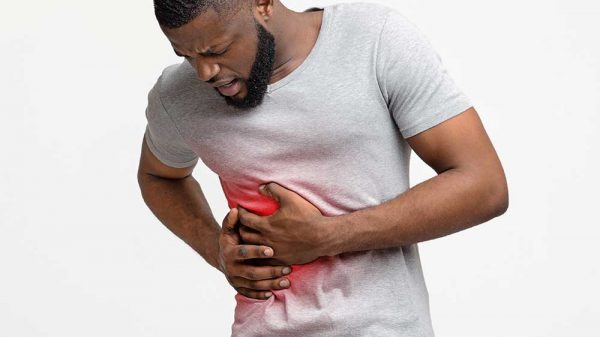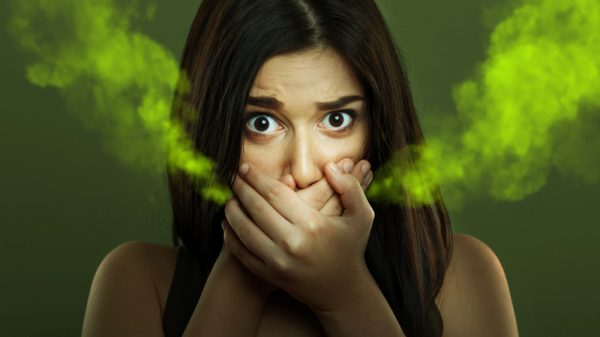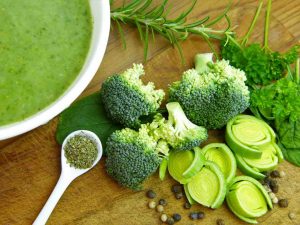Decompensated cirrhosis is a condition related to late-stage liver disease. This is more serious than compensated cirrhosis. The general condition is related to tissue scarring that prevents the liver from functioning properly. However, the decompensated type is more serious because there are major symptoms. Cirrhosis is a serious condition and based on statistics is linked to up to about 10% of all worldwide deaths. The liver is the largest internal human organ and provides many important functions including detoxification. The liver’s ability to repair itself is quite amazing and it can even regenerate. However, factors like bad diet, alcohol, and smoking can cause serious damage and result in cirrhosis over time.
If you think you might have decompensated-type cirrhosis it’s important to know key information. That includes symptoms, causes, and treatments. This is a late stage of cirrhosis but you can still take steps to help slow down liver damage and minimize complications. It’s important to know what to do and avoid in order to reduce problems you have dealing with the condition. Studies show that the life expectancy of cirrhosis can be 12+ years if there are no complications. The key is to take the right steps to help manage the condition effectively.
What Exactly Is Liver Disease?
Liver cirrhosis is a condition linked to late-stage liver disease. The stages of this disease range from fatty liver to cirrhosis of the liver. Fun Fact: The liver is the human body’s largest solid organ and weighs around 3.5 pounds (1.6 kg.
The liver has many functions. They include processing fat, making proteins, and removing toxins. For example, the liver can help remove the body from toxins like cleaning product chemicals, some drugs, and alcohol. The liver can repair itself but over time such substances cause serious damage including liver cirrhosis.
The liver also helps to make something called “bile,” which includes acids to improve digestion. This involves absorbing Vitamins A/D/E/K and healthy fats. This is another important function of the human liver.
There are various diseases that can affect the liver including liver disease/cirrhosis, liver cancer, and hepatitis. These are all serious diseases so it’s important to prevent them as much as possible. If you’re diagnosed with any of them it’s important to take steps to manage it as effectively as possible.
There are various symptoms of liver disease including swelling, jaundice (yellow skin/eyeballs), and fatigue. The number of symptoms patients experience can vary greatly. For example, it’s quite common to have a fatty liver without knowing it. However, cirrhosis symptoms are more common and severe.
There are also various kinds of liver diseases including:
- Fatty liver disease
- Cirrhosis
- Acute hepatitis (inflammation)
- Chronic hepatitis (long-term)
- Cancer
There are different types of cancer-related to the liver. This can include disease that starts in the liver. It’s also possible for cancer to read to the liver from other body parts. This is called “metastasis.”
There are also various causes of liver cancer including:
- Alcohol
- Drugs (OTC, prescription, vitamins, Tylenol)
- Viruses
- Genetic conditions
- Immune system
While alcohol is a well-known cause of liver disease it can be caused by various factors.
What Is Decompensated Cirrhosis?
This is one of the main types of cirrhosis. Compensated cirrhosis often doesn’t include any symptoms. However, decompensated liver cirrhosis I a more serious condition that can include various symptoms including fluid buildup in the abdomen, mental confusion, and jaundice (yellow skin/eyeballs).
This is a very serious condition that should be treated immediately. That’s because liver disease can cause several complications that are tough to deal with. If you observe symptoms like internal bleeding then it’s important to contact your doctor immediately. He/She can conduct an evaluation and order tests to check if you have decompensated-type liver cirrhosis.
The side-effects are very serious ones. However, they might be caused by various health conditions/diseases so it’s best to know what’s really causing them. If you’ve already been diagnosed with liver disease then it’s important to prevent it from developing into more serious stages like cirrhosis.
One example is ascites or “water belly,” which involves fluid buildup in the abdomen. This can be caused by various factors like heart failure and infections. It’s sometimes referred to as “beer belly” but it can result from non-alcoholic causes. What’s important is to determine the main cause of these symptoms and whether or not it’s cirrhosis in particular.
Cirrhosis can also cause other conditions including a brain condition known as “encephalopathy” (confusion). When your liver is unable to remove toxins effectively it can cause this condition, which can cause various symptoms.
If you’ve been diagnosed with decompensated-type cirrhosis it’s important to also know the possible treatments that are available. They include:
- Low-salt diet
- Avoid medicines like Tylenol
- Lower protein intake (hepatic encephalopathy)
- Well-balanced/healthy diet
- No alcohol drinking
There’s no “cure” for cirrhosis except liver transplant. This is an expensive and complex process that’s reserved for late-stage cirrhosis. There are also partial/whole organ implants that sometimes include replacing part of the liver with a healthy section.
Top Foods/Drinks for Liver
Grapefruit
Fun fact: This citrus fruit is a hybrid of the orange and pomelo fruits. It contains two powerful antioxidants that might reduce the risk of liver disease by lowering inflammation and safeguarding liver cells. Grapefruit can be enjoyed as fresh fruit, juice, etc.
Nuts
They contain nutrients like Vitamin E, fatty acids, and antioxidants. These might help to prevent non-alcoholic fatty liver disease (NAFLD) and lower inflammation. Eating some tree nuts daily could help to improve liver health. Just watch out for the high calories!
Grapes
In recent years a powerful antioxidant in grapes/wine has been trending. Studies show that “resveratrol” provides many of the health benefits that explain why the fermented drink is included in the Mediterranean Diet. However, studies show you can get similar benefits by eating fresh grapes instead of fermented grapes. There are many healthy ways to enjoy food including fresh fruits, jams, jellies, and juice.
Olive Oil
This is high in omega-3 fatty acids so it’s a healthy choice for protecting the liver organ. Studies show it might help to reduce the effects of oxidation and improve liver function. That’s because of the oil’s high amount of healthy fatty acids.
Fatty Fish
This includes options like salmon, tuna, herring, trout, and mackerel. These options are high in omega-3 fatty acids. These healthy fats can provide health benefits like lower inflammation. They also might help to boost liver healthy by reducing liver fats and maintain enzyme levels.
Tea/Coffee
Both of these beverages are good options not only for good liver health but also for several other health issues. The best options are black coffee and green tea. Follow the “fresh is best” rule by brewing coffee and steeping tea when possible. You should also consider the actual beverages over extracts to treat decompensated cirrhosis.























